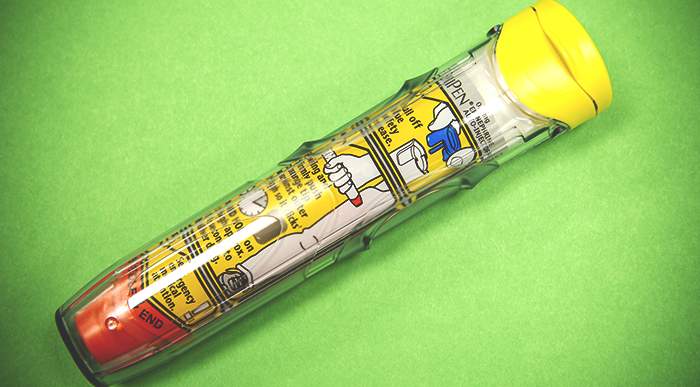One of the most difficult things about the impending Trump administration is going to be looking at all the various and sundry ways that he and his cronies are going to screw us. Admittedly, keeping up with all of it is going to be incredibly depressing, but if we don’t, the domestic terrorists win.
With all of the conversation swirling around Obamacare, one thing we aren’t talking as much about is the cost of drugs. During Obama’s administration, an unsettling trend popped up again and again. Silicon Valley-affiliated “disrupters” and wiley hedge fund veterans would come into leadership roles at drug companies and hike the costs of their signature products. This gave us the unfortunate pop culture phenomenon of Martin Shkreli and public outrage over the EpiPen.
Along with drone strikes and surveillance, unfettered prescription drug costs are a legacy of the Obama administration that threatens to get worse under Trump. But before we speculate about how things could get worse, let’s take stock of how bad they already are. In 2007, the drug company Mylan bought the EpiPen. Over the last decade, prices have risen from $100 for a set of two EpiPens to over $600 for the same product. Former hedge fund manager and current asshole on the Internet Martin Shkreli has done the same thing on several occasions. While with the company Retrophin, he oversaw a 20 fold (not 20 percent but 20x) price hike in a kidney medication. He also oversaw taking an AIDS drug from $13 a tablet to $750 a tablet.
Now, let’s talk about the what this means for our future. If Obamacare is repealed and more and more of our system is privatized, sticker shock will likely become a new reality. Hillary Clinton unveiled a plan to stop price gouging but it doesn’t look like that plan is going anywhere except straight to the dust bin of history. As with so much in a post-Trump world, it seems like it is now up to us. This is one area where there may be room for bipartisan compromise, simply because Republican Senators don’t feel like school children dead of easily treatable allergic reactions is a winning position come election season. Iowa Senator Chuck Grassley, a staunch conservative, actually oversaw an inquiry into the EpiPen price hike last summer.
Many early initiatives to come out of the Democrats’ resounding defeat seem like fools’ errands. Spending hours fudging electoral college math or calling on senators to confirm a Supreme Court nominee that they have spent a year not confirming are about of productive as shouting into your pillow until you fall asleep, and you don’t even get the visceral satisfaction of yelling. However, even with a fascist in the White House, GOP lawmakers will have to show their constituents something.
While the Affordable Care Act is abstract and Byzantine enough that people can be misled about Obamacare’s actual benefits—just ask your racist uncle at Thanksgiving, he has a PowerPoint on death panels he’d love to show you—the prices of drugs that affect children, the elderly, or veterans are concepts that people can cling to and eventually rally behind. This may be a place where lawmakers could be forced into change. Whether you are advocating EpiPens or medical marijuana, tying those drugs to a story about relieving pain for those in the most pain could be effective. Former coal miners with back pain and veterans with PTSD just voted for Trump, but that doesn’t mean they want to live in pain.
We are already seeing that Trump’s people know that even their brand of authoritarianism will have its limits. Investor-friendly Fortune magazine noted that the stock surge in pharmaceutical companies following Trump’s election may be short-sighted. That same writer also wrote a piece about how Trump has already backpedaled on his pledge to repeal Obamacare. If the unholy alliance of Wall Street and Big Pharma is scared, that means you have less reason to be. Here’s hoping that these financial types are right that the next four years won’t be as smooth for them as they now seem. It’s up to us to make them as bumpy as possible.











